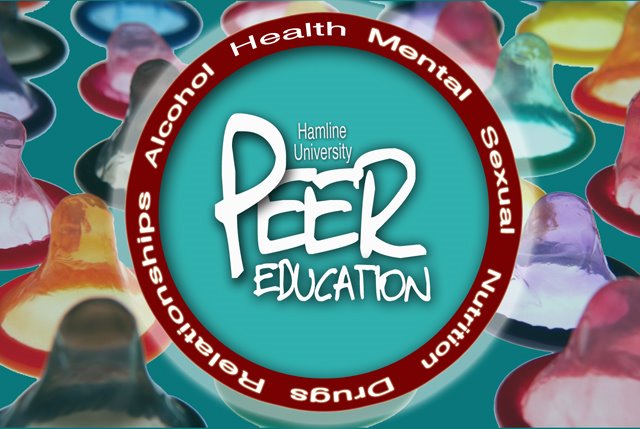and children currently
need life-saving organ transplants.
Every 12 minutes another name is added to
the national organ transplant waiting list.
90% of Americans say they support
donation, but only 30% know
the essential steps to take to be a donor.
What is it?
Donor organs and tissues are removed surgically, and the donor’s body is closed, as in any surgery. There are no outward signs of organ donation and open casket funerals are still possible.
How do I become an organ and tissue donor?
Marking your intentions on your driver's license or state ID card will ensure that your wishes are fulfilled. In Minnesota, residents can also register online by visiting www.DonateLifeMN.org. Also, make sure your family knows your wishes.
Myths:
Myth No. 1.
If I agree to donate my organs, my doctor or the emergency room staff won't work as hard to save my life. They'll remove my organs as soon as possible to save somebody else.
Reality. When you go to the hospital for treatment, doctors focus on saving your life — not somebody else's. You'll be seen by a doctor whose specialty most closely matches your particular emergency. The doctor in charge of your care has nothing to do with transplantation.
Myth No. 7.
I'm not in the greatest health, and my eyesight is poor. Nobody would want my organs or tissues.
Reality. Very few medical conditions automatically disqualify you from donating organs. The decision to use an organ is based on strict medical criteria. It may turn out that certain organs are not suitable for transplantation, but other organs and tissues may be fine. Don't disqualify yourself prematurely. Only medical professionals at the time of your death can determine whether your organs are suitable for transplantation.
Myth No. 9.
Rich, famous and powerful people always seem to move to the front of the line when they need a donor organ. There's no way to ensure that my organs will go to those who've waited the longest or are the neediest.
Reality. The rich and famous aren't given priority when it comes to allocating organs. It may seem that way because of the amount of publicity generated when celebrities receive a transplant, but they are treated no differently from anyone else. In fact, the United Network for Organ Sharing (UNOS), the organization responsible for maintaining the national organ transplant network, subjects all celebrity transplants to an internal audit to make sure the organ allocation was appropriate.
These myths and more information can be found at the Mayo Clinic.
and become someone's hero, please visit these links:
Donate Life
Organ Donor
Organ Transplants






